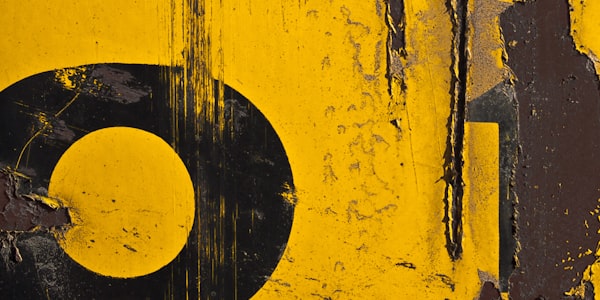What a difference a year makes. The maiden 2011 vintage of the Brink Family Pinotage Rosé from Pulpit Rock was rated sighted by the leading SA guide at 1½ stars in 2011 with the dismissive comment “lacks nuance.” Which conforms to anorak perceptions: “Rosé does not make serious wine.”
Tasted sighted, this is a wine with everything stacked against it: made from Pinotage, low price (sub R30), low profile (as to be almost invisible) Afrikaans speaking producer and Rosé. All it has in its favour is a semi-fashionable address, hailing from the Swartland, which is developing something of a reputation for producing wines of character. Although not the overhyped Paardeberg and from the wrong side of fashion’s tracks: Riebeek-Wes rather than luvvie central, Riebeek-Kasteel.
Advance one vintage and tasted blind by the Pienk Panel of Classic Wine magazine in December, PR triumphed. In fact, it was the most consistently scored entry of the 94 tasted. In the first round, all five judges scored it 16/20 – a solid four star stunner among 14 that scored four stars, the top rating. The string of adjectives evoked included “rooibos tea, concentrated, savory, Campari style wine.”
In the second round, with the important prior information that the wine was a finalist, scores increased to 16.5, 16.5, 17, 17, 17 – again remarkably consistent and my tasting note advanced to “fresh celery and sea salt, minerals and more.” This is a wine which confirms the power of blind tastings as the Pienk Panel was a diverse one, consisting of Swartland chef Mynhardt Joubert, upcountry wine educator Chris de Klerk, winemaker Clive Torr, lifestyle writer Greg Landman and yours truly.
Earlier in the year I tasted a couple of hundred Rosés along with Portuguese winemaker, supermarket buyer and writer Aníbal Coutinho in a peregrination around the Winelands at a baker’s dozen tastings arranged by the various regional wine routes. All wines were tasted blind and all were Wine of Origin Wines – WOW. Pulpit Rock 2012 was one of our overall Top Ten picks with tasting note “partridge eye and totally charming, tangy palate.” Re-tasted three months later and the thrill was still there.
In December, of 94 entries submitted to the Pienk Panel, fully three quarters were WOWs. Sorted by scores, WOWs outperformed regional blends 12:2 among those rated four stars. Only two were either Western Cape or Coastal. Which confirms that Rosés are mirrors of terroir as they are predominantly unwooded and predominantly current vintage. Which gives cultivar, soil, climate and vineyard aspect a chance to speak. Second order features so often drowned-out by technological cellar tricks, expensive barrels and marketing pyrotechnics.
If any brickbat were to be thrown, it would be a shortage of palate weight and creaminess in many entries. A failing easily remedied by more lees contact, as Clive suggested.
While the great SA Rosé is yet to be made, popularity of the style should encourage winemakers to redouble their efforts in the pink department. This tasting confirmed the category is on the right track.




